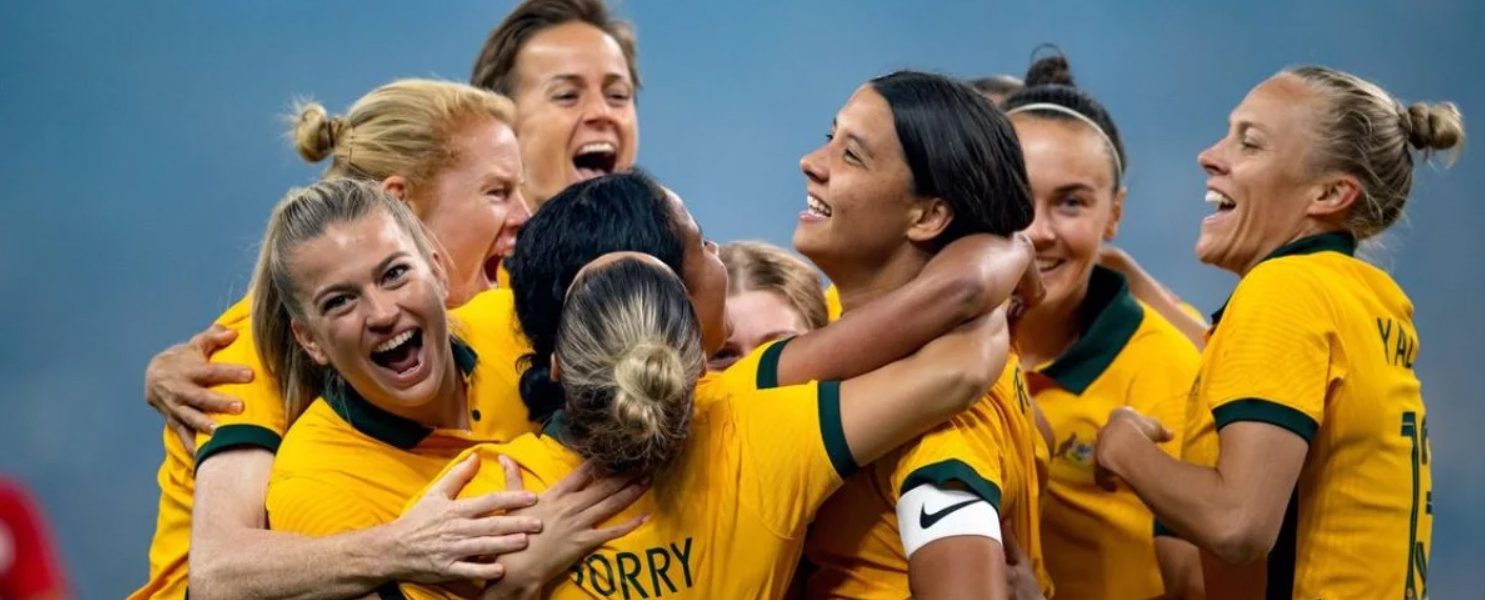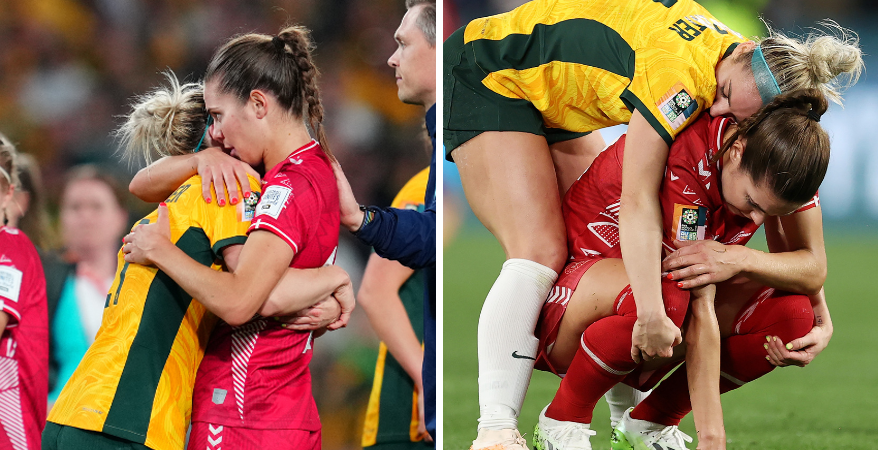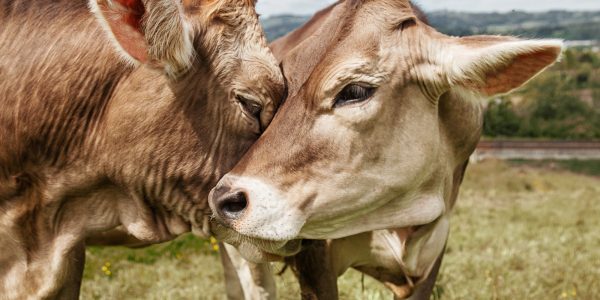The performance of the mighty Matilda’s at the 2023 FIFA World Cup has taken Australia by storm – and well it should. Their journey here has been long and hard-fought. After many years of sacrifice and perseverance, these dedicated athletes are finally getting the attention they deserve, and catapulting women’s soccer to the forefront of minds not just across Australia, but the world.
It’s hard to deny the electricity in the air, the excitement and the anticipation that has continued to build with each match. To be able to hear players talk about what it means to them to finally be recognised, to be able to look out into the packed crowds at the faces of children, knowing the impact that they are having on young hearts and minds, inspiring and empowering them to see themselves in the players, to maybe go on to be the next generation of professional athletes… the pride and emotion they feel is palpable, and contagious.
This is what sport is all about.
Sport is deeply entrenched in Aussie culture – it is at its core, an activity that unifies, inspires, excites and empowers, and celebrates skill, determination and focus.
Sport should always be a consensual competition between two or more opposing sides, with a set of rules understood by all participants and a shared objective.
To show ‘good sportsmanship’ is to be respectful, fair and ethical.
With all of this in mind, it may help to explain why the word ‘sport’ is often co-opted in an attempt to make animal cruelty more palatable to a caring (and largely sport-loving) Aussie audience.
When duck shooters say ‘sport’ = they mean mass wildlife cruelty & slaughter.
It has to be hard work trying to convince people that shooting native ducks – vulnerable gentle animals already struggling to survive – is an okay thing to do. Imagine having a conversation with an average person and telling them you’re spending the weekend spraying shotgun pellets in the air at your local wetland, in the hopes you’ll seriously injure a native animal so badly that they will die, or at least fall out of the sky close enough to you that you can chase her down, pick her up by her head and swing her around by her neck until she’s dead.
It can’t be easy defending recreational native duck shooting – which is probably why a lot of shooters and those who defend this brutal activity like to refer to it as ‘sport’.
Animal cruelty aside – there’s minimal to no actual skill required to shoot ducks in Victoria, with a written ‘Waterfowl Identification’ test only requiring 75% accuracy and only requiring testing every 25 years. Juniors and international visitors don’t even have to sit the test – meaning they can legally fire shotguns at waterbirds without demonstrating any knowledge of which species are protected. It’s no wonder that every year a recreational duck shooting season is announced, endangered and protected birds are illegally killed. In 2017 an astonishing 113 Freckled ducks – one of the world’s rarest species of waterbird – were slaughtered by ‘recreational’ shooters in Victoria alone.










